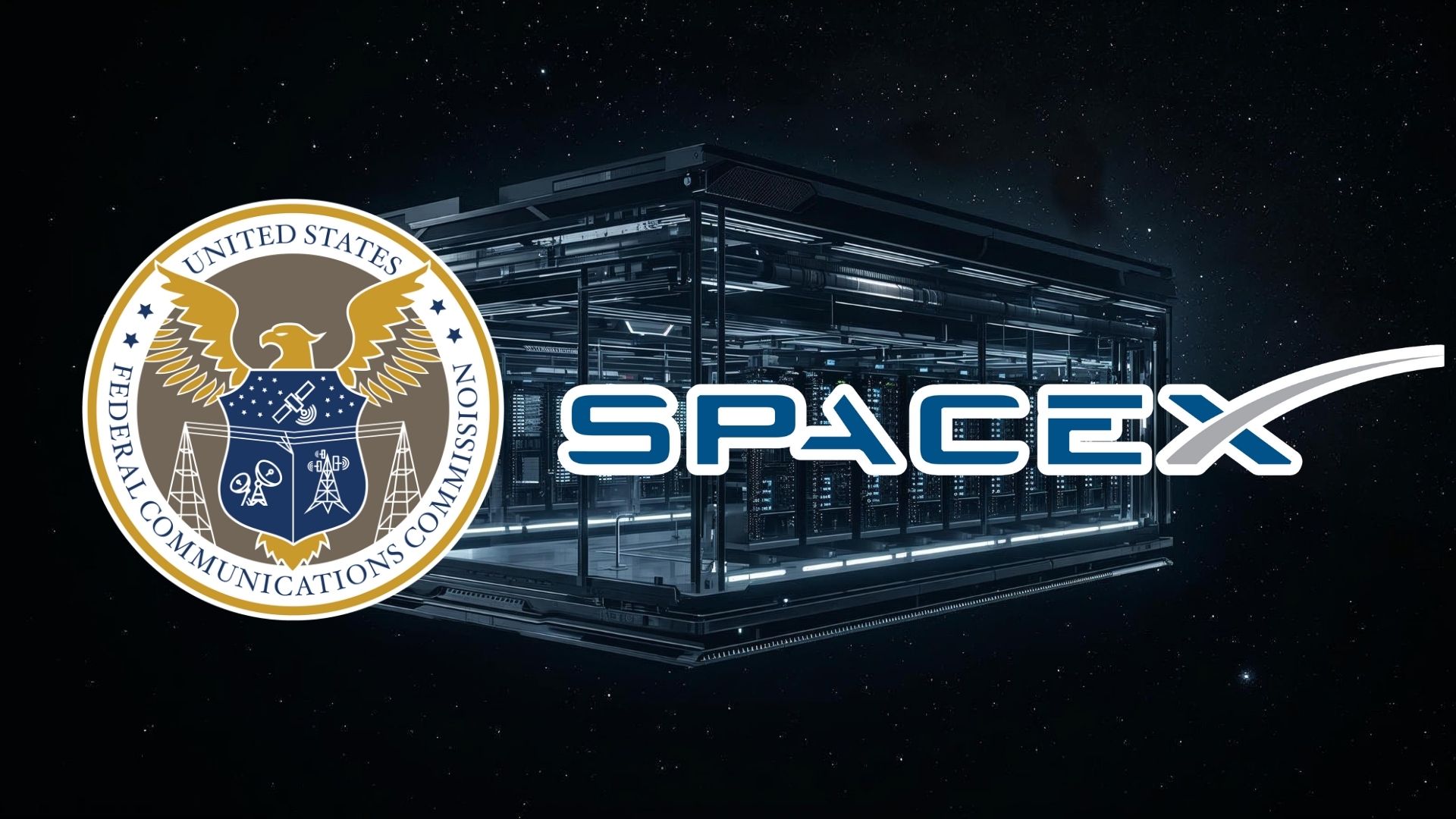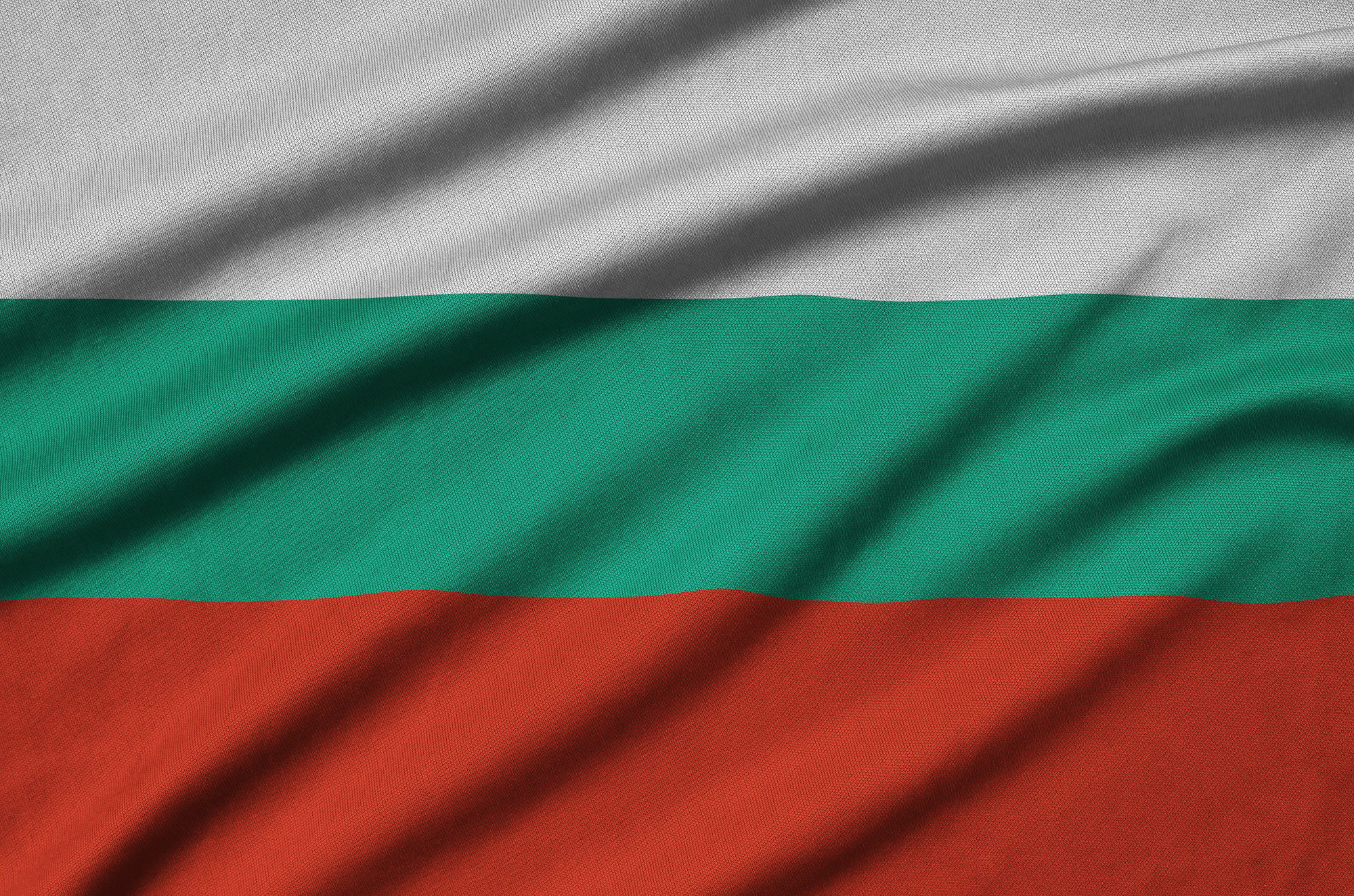A proposal filed with the US Federal Communications Commission seeks approval for a constellation of up to one million solar-powered satellites designed to function as orbiting data centres for artificial intelligence computing, according to documents submitted by SpaceX.
The company described the network as an efficient response to growing global demand for AI processing power, positioning space-based infrastructure as a new frontier for large-scale computation.
In its filing, SpaceX framed the project in broader civilisational terms, suggesting the constellation could support humanity’s transition towards harnessing the Sun’s full energy output and enable long-term multi-planetary development.
Regulators are unlikely to approve the full scale immediately, with analysts viewing the figure as a negotiating position. The US FCC recently authorised thousands of additional Starlink satellites while delaying approval for a larger proposed expansion.
Concerns continue to grow over orbital congestion, space debris, and environmental impacts, as satellite numbers rise sharply and rival companies seek similar regulatory extensions.
Would you like to learn more about AI, tech, and digital diplomacy? If so, ask our Diplo chatbot!










